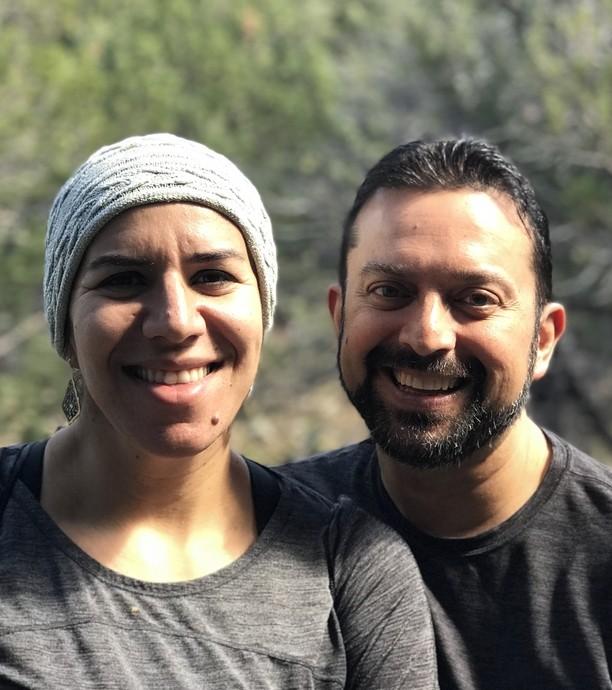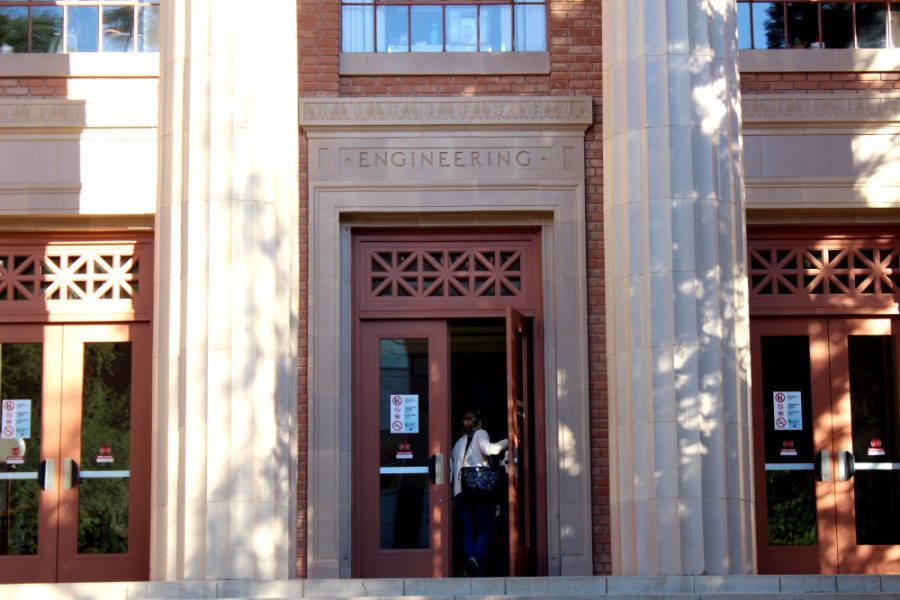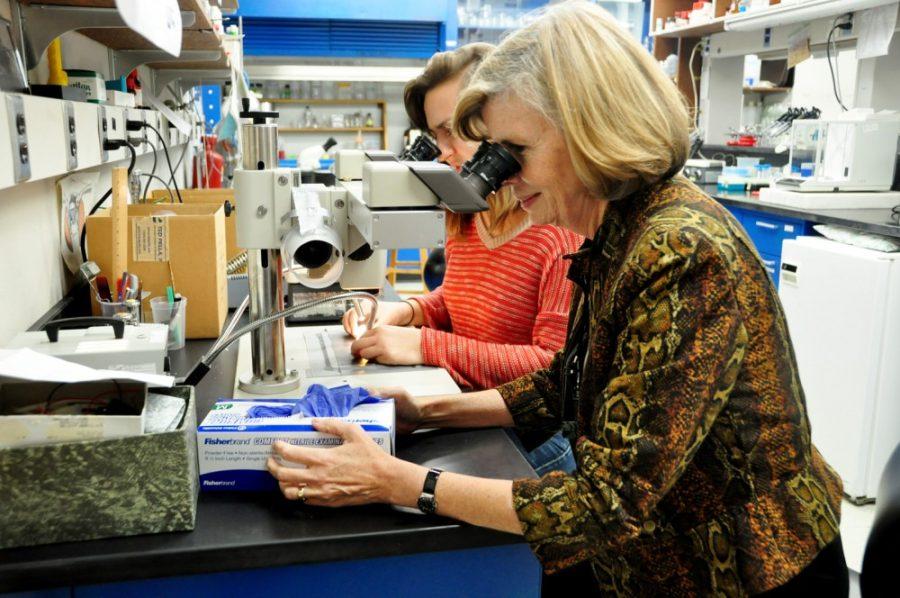The current and devastating opioid crisis has led some to call for the elimination, or at the very least reduction, in opioid prescriptions. Yet, without an alternative treatment method, doctors cannot afford to lose this critical tool in the fight against chronic pain and more.
A group of researchers and inventors at the University of Arizona believe they have this missing replacement for opioids — a non-addictive pain relief drug.
The road to their discovery began in a laboratory at the Indiana University School of Medicine when then-associate professor Rajesh Khanna stumbled upon a drug that interacted with the protein he had been studying.
The protein, he discovered, played a role in regulating the body’s pain response.
After arriving at the UA, Khanna, now a professor of pharmacology and neuroscience in the College of Medicine, teamed up with his wife, May Khanna, assistant professor of pharmacology and a member of the Center for Innovation and Brain Science, and Vijay Gokhale, senior research scientist at the BIO5 Institute, to found a company, Regulonix, with the help of Tech Launch Arizona.
“Chronic pain is a big problem, and the opioid crisis that is facing the nation is really coming to the forefront now,” Rajesh said.
RELATED: UA researchers develop snakebite venom inhibitor
In that context, the team is focusing the new company, and its research, on providing doctors a new, better tool to combat pain.
Their biggest hurdle now is obtaining the necessary funding to navigate a drug through the approval process of the Food and Drug Administration, Rajesh said.
“Tech Launch Arizona supported us twice with funding, initially in the early discovery phase where we synthesized the compounds in BIO5 and gave them to Rajesh and May for testing,” Gokhale said.
The funding, totaling $140,000, also allowed the team to further characterize two of those compounds and test their safety, toxicity and efficacy in rats, according to Gokhale.
Tech Launch Arizona helped support faculty entrepreneurial endeavors and startups. Khanna initially approached Rakhi Gibbons, a senior licensing specialist, to patent some of his work.
“Being able to work with a group like the Regulonix team to address such a huge social and medical challenge has been wonderful,” Gibbons said in a Tech Launch Arizona press release.
“We’re excited to be able to have a hand in bringing such an impactful technology to the world at such a critical moment in time.”
A critical funding source will be from investors in Regulonix. According to Rajesh, Tech Launch Arizona has played a critical role in securing the team meetings with investors and venture capital firms.
With additional funding from research grants, like the $300,000 they received from the National Institute of Cancer’s Center for Cancer Research, the group hopes to team up with the UA’s new Center for Innovation in Brain Science, its director and professor Roberta Brinton and oncologists at the UA Cancer Center to begin clinical trials.
If everything goes perfectly, they hope to be well along the process in five years time, Rajesh said.
In the meantime, the team is optimistic, and they attribute their successes so far to their complementary expertise.
“We are sort of a mini-pharma company. We have all necessary aspects of drug research in the same team,” May said.
Gokhale provides the medicinal chemistry, and his team synthesize the compounds. May’s lab examines how these compounds are interacting and binding. Rajesh provides all the biological data, examining the mechanisms of pain and proteins in cells and how they respond to the drugs. “It all converges and marries together nicely,” Rajesh said.
Speaking of marriage, some couples go to great lengths to avoid working with their spouses. The Khannas, on the other hand, have embraced their collaboration.
RELATED: UA startup on a healthy road to success
“I have always been worried about being married to a scientist, but we do science together and we are both very passionate, so I think that is kind of nice,” May said.
The couple admits they sometimes have heated arguments over which experiment to conduct next, but always resolve them amicably in the end, and to the benefit of the project.
“I want to be really involved in the work; this was my baby from the get-go,” Rajesh said.
Yet, he recognizes where other’s strengths can play a beneficial role.
In a testament to the group’s productive dynamic, Gokhale said he has other ongoing projects and collaborations with the Khannas, and loves their quick, productive feedback.
The team continues to test its technology in pre-clinical trials in hopes of one day to grow its company beyond a single drug, and provide doctors a wider array of tools to treat patients and diseases.
Follow Randall Eck on Twitter















